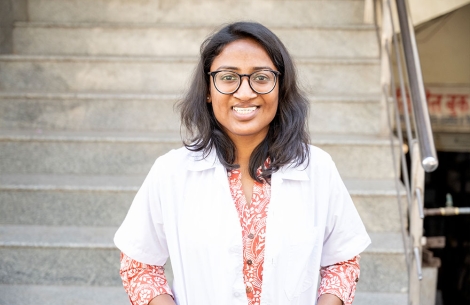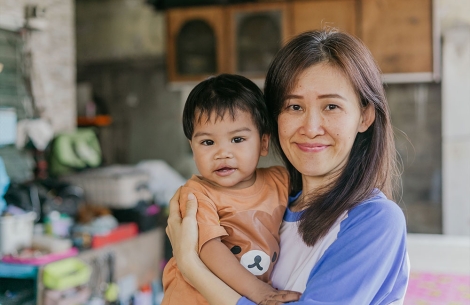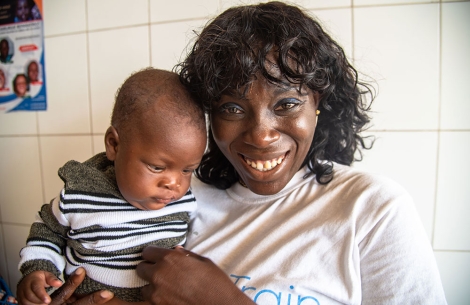Dr Tsitsi Sithole Makes History by Ensuring the Future
Meet Zimbabwe’s first female paediatric anaesthetist
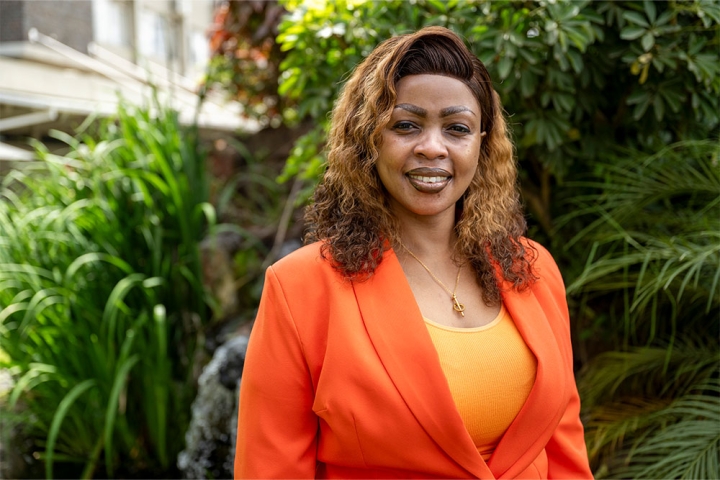
Dr Tsitsi Chimhundu-Sithole never doubted she was capable of greatness. Being raised in a family of educators — her mother taught in a school, her father was a university professor — will do that to you. But perhaps the most important lesson her parents taught her is that, even amongst the deep poverty she saw all around her growing up in Harare, Zimbabwe, everyone else is capable of greatness, too. They just need someone to light the right spark at the right time.
As a girl, though, Tsitsi preferred the neat problems inside her science book to those of people and their messy lives; she was reading scientific papers at an age when her peers were reading the funny pages. It wasn’t until she followed her love of science to medical school that she came to understand that the most important chemistry in medicine is that between doctor and patient.
“I learned that medicine is an art; it’s about how you bond with people,” she said. “Before you even give a patient any medicine or perform any intervention, you can make them feel so confident, so much better.”
This was particularly true for her youngest patients. Working with children brought Tsitsi a joy like nothing she had known before. But, also as in chemistry, bonds can sometimes be too strong. After becoming a mother herself shortly after graduating medical school, the necessary other side of paediatrics — seeing children suffer and sometimes not recover — became too much for her. She needed to step back, find a balance.
She found it in paediatric anaesthesia. But there was a catch: As there were no opportunities to pursue that specialty in Zimbabwe at the time, her best option was to apply for a fellowship at the College of Anaesthesiologists of East, Southern and Central Africa (CANECSA) in Nairobi, Kenya.
But how could she leave her own 10- and three-year-old behind for a year to help other children manage their pain? Her family and husband insisted she go. Her 10-year-old did, too. So she followed their advice and her heart to Nairobi.
What an Anaesthetist Feels
Tsitsi’s CANECSA fellowship was sponsored by Smile Train and marked the first time she had cared for children with clefts. She was hooked from the first smile.
“Just seeing the before and after pictures was enough. You don't even need to know more. You can see the drastic change in the expression on the children's faces. Their eyes shine. You can tell they become more confident without even talking to them. I was eager to do more and also to demystify clefts back home.”
Her passion for the work carried her through some difficult times. She was used to being one of the only women in her field, but, like studying medicine itself, the emotional weight of it only hit her once she experienced it. When she went into a call, she needed to think about what her children were eating 1,200 miles away, who was going to pick them up from school. Despite her repeated assurances, her three-year-old was certain she had abandoned him… all pressures she knew her male colleagues did not share.
“The medical field is not geared to cater to all the things that women do,” she explained. “Besides being a doctor, I've got responsibilities in the community. You must put a lot of force, put in extra effort to achieve things that seem like daily, minor things. But women were essential to guiding and helping me when I felt alone.”
She particularly credits her mentors Drs Faye Evans and Zipporah Gathuya of Smile Train’s Medical Advisory Board for helping her stay focused and be the force she needed to be to succeed.
Tsitsi returned to her family in Harare at the end of the year at the top of her field. And then she made another bold decision: She was going to stay there, and thus become Zimbabwe’s first female paediatric anaesthestist.
“I Belong Here”
There are many reasons she was the first. There is a shortage of doctors in Zimbabwe, making specialisation difficult. Doctors there also tend to get paid less than their peers in Western countries and must often work under adverse conditions.
Tsitsi knew all of this and was unfazed.
“I decided to stay because I belong here; I owe it to my family and my community,” she said. “This is my home. As a Christian, I believe you can make money everywhere…. It's not about location but you as a person. If I'm on the right track doing what I'm supposed to do, blessings will come to me. And I feel so much more fulfilled being here, helping my people and giving an example to younger girls that if I did it, anyone can.”
Blessings Coming Home and Leaving Home
In many parts of Africa, children with clefts live confined at home with their mothers because their fathers leave. They can’t even go to school because of the relentless abuse from neighbours and classmates. According to Tsitsi, they may spend their whole lives feeling like “second-class citizens.” Even families who know clefts can be treated through surgery often don’t pursue it because of a superstition that anaesthesia kills.
It can be even worse for women and girls who, there as everywhere, are traditionally more judged for their looks and often not given priority when new opportunities arise. “Having a cleft can be devastating to a woman before she ever has a chance to tear down other barriers,” Tsitsi laments.
The result is that it’s not just children and babies who have untreated clefts in Zimbabwe, but many adults, too. So many have known little but seclusion and alienation. They need outreach from people they can trust.
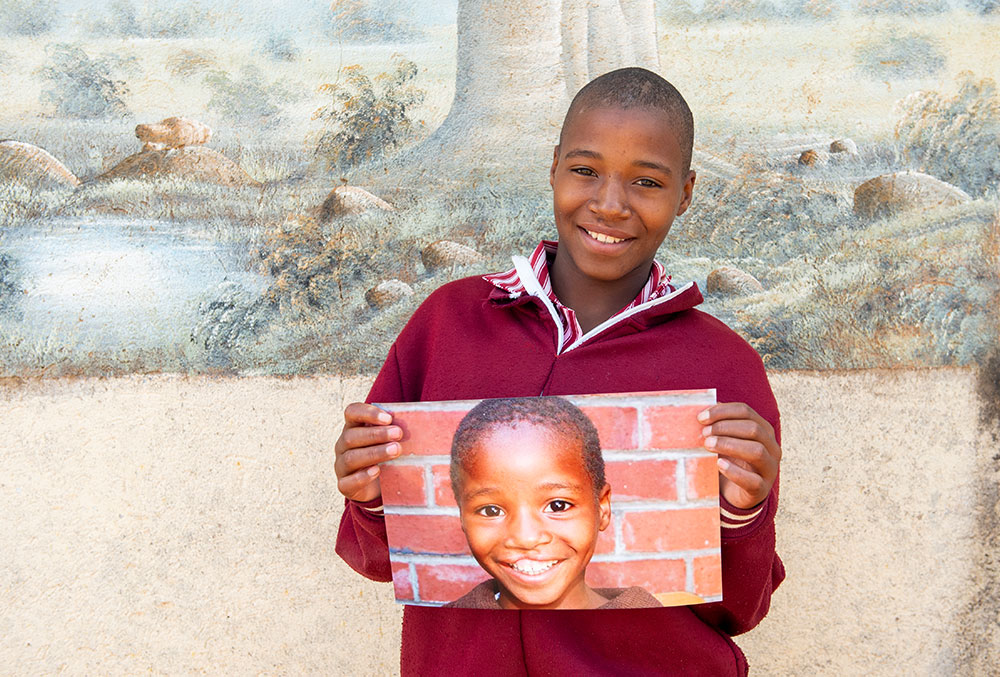
For many years, cleft care flew into the country on the wings of medical mission groups, but it wasn’t nearly enough to meet the need. As Tsitsi recalls: “They came with a surgeon and an anaesthetist. They performed the surgery, and then they left. That was it. There was no nutritionist to follow up before and after. There was no speech therapy, no reintegration of patients into society. No one was helping them with everyday life. The comprehensive care was not there, and there was no teaching of local medical staff. “The beauty of Smile Train lies in the fact that you empower the locals to perform surgery, anaesthesia, and everything else that is involved in cleft care. I grew up here. I know the background, the people, the struggles they have. I know how they live; I speak the language and can relate to them more deeply. So when someone comes from a more distant part of the country, I can understand their journey. Smile Train helps us do it. I feel empowered.”
A Shared Vision for the Future
But Tistsi also knows that empowering local professionals isn’t a long-term solution either unless it’s built on a foundation of sustainability. That’s why, in spite of this teachers’ daughter’s promises to herself as a girl, Tsitsi is now a teacher herself, raising the next generation of homegrown anaesthesiologists at the University of Zimbabwe. In this, too, she has a partner in Smile Train.
“Specialisation is the future,” she said. “Undoubtedly, it improves the quality of treatment for patients. During the last six, seven years, there's been a lot of sub-specialisation in medicine, and Smile Train is important because they saw that vision years ago. Of course, I appreciate being able to provide free surgeries, but, to me, the educational efforts stand out. That's how the skills pass from one generation to another. There will come a time when Smile Train may not need to give as much support as now. And because they've trained trainers on the ground, the good will keep snowballing.”
Hard-Earned Wisdom from Woman to Woman
She is particularly gratified by how many of her students are female. Thanks in no small part to her own efforts, Tsitsi is no longer a single shining star, but one in a dazzling constellation of southern Africa’s best and brightest women.
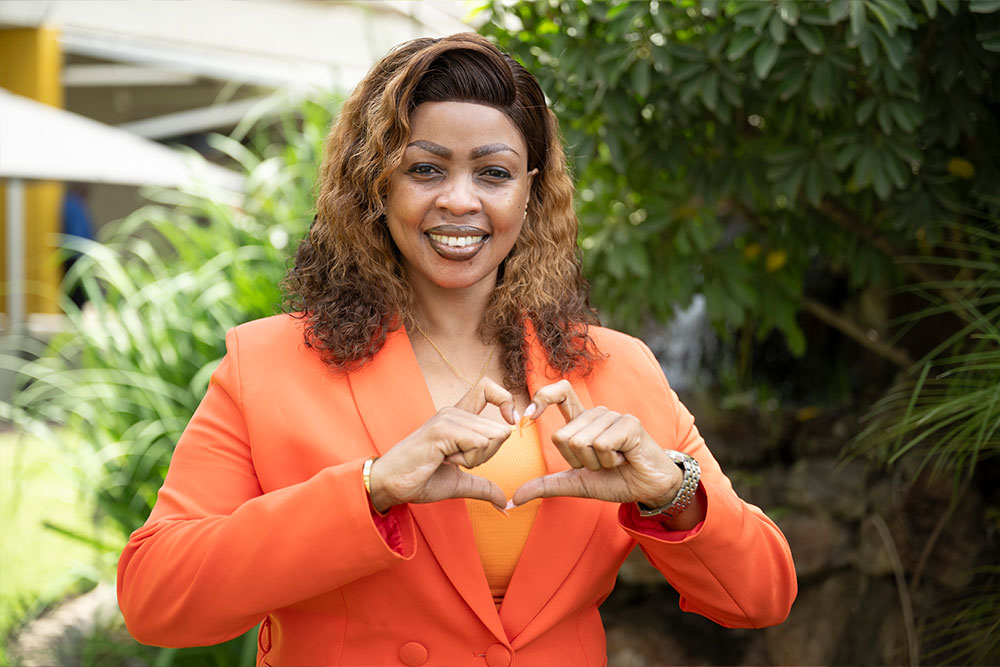
The world has changed. As a woman, you can do anything you set your mind to. You will need to push your abilities, but it's not impossible. Other women have done it. You can do it, too. It's important to always look for mentors, even in high school. There are female mentors all around. You can have your career, your family, your community life as long as there's balance. That's the key.
”Please Keep Doing What You’re Doing”
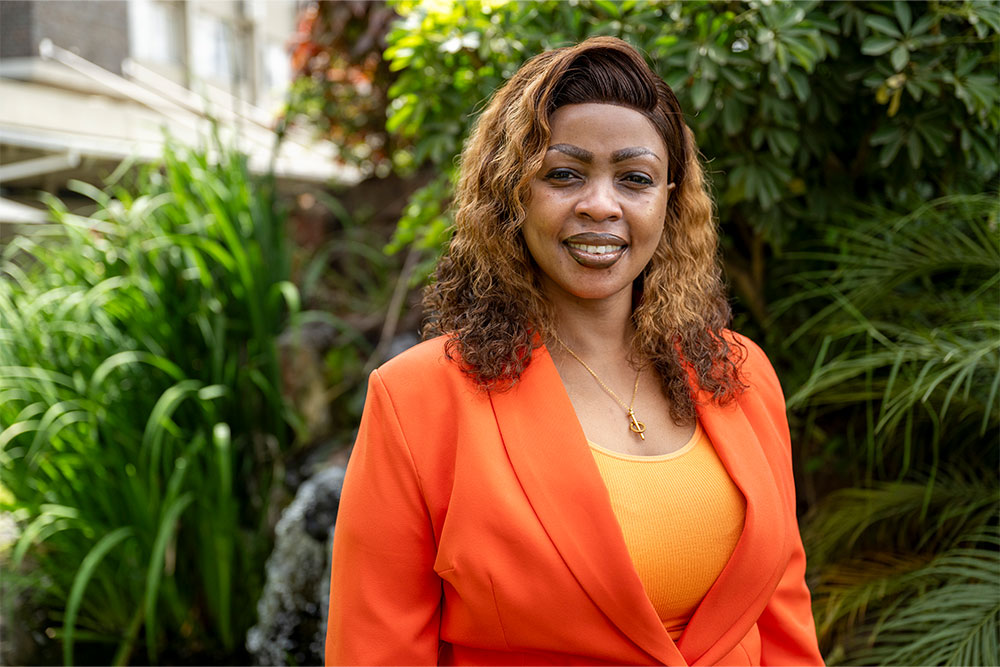
Though Tsitsi’s success is very much her own, in Smile Train, she’s had a like-minded partner by her side since the day she became a CANECSA fellow. But we could only be there for her because our supporters likewise understand that sometimes the only thing standing between a talented, hungry individual and history is someone just as hungry to light the right spark under them at the right time.
If that’s you, she has a message for you:
Thank you for everything. I really appreciate it on a personal level. My academic training would never have happened without Smile Train. I have benefited in terms of education, exposure, networking, and personal and career growth — opportunities I would never have had on my own. Because of that change in my life, I now want to involve others, like my students. I don’t think most donors truly realise the impact they are making. Yes, there are the numbers of surgeries you sponsor, and that’s important. But the individual impact you are having on our lives — it’s incredible. Education of providers is essential. That’s where the growth is. Please keep doing what you're doing.
Help other trailblazing female healthcare workers around the world save lives and make history. Make your special International Women’s Day gift now

